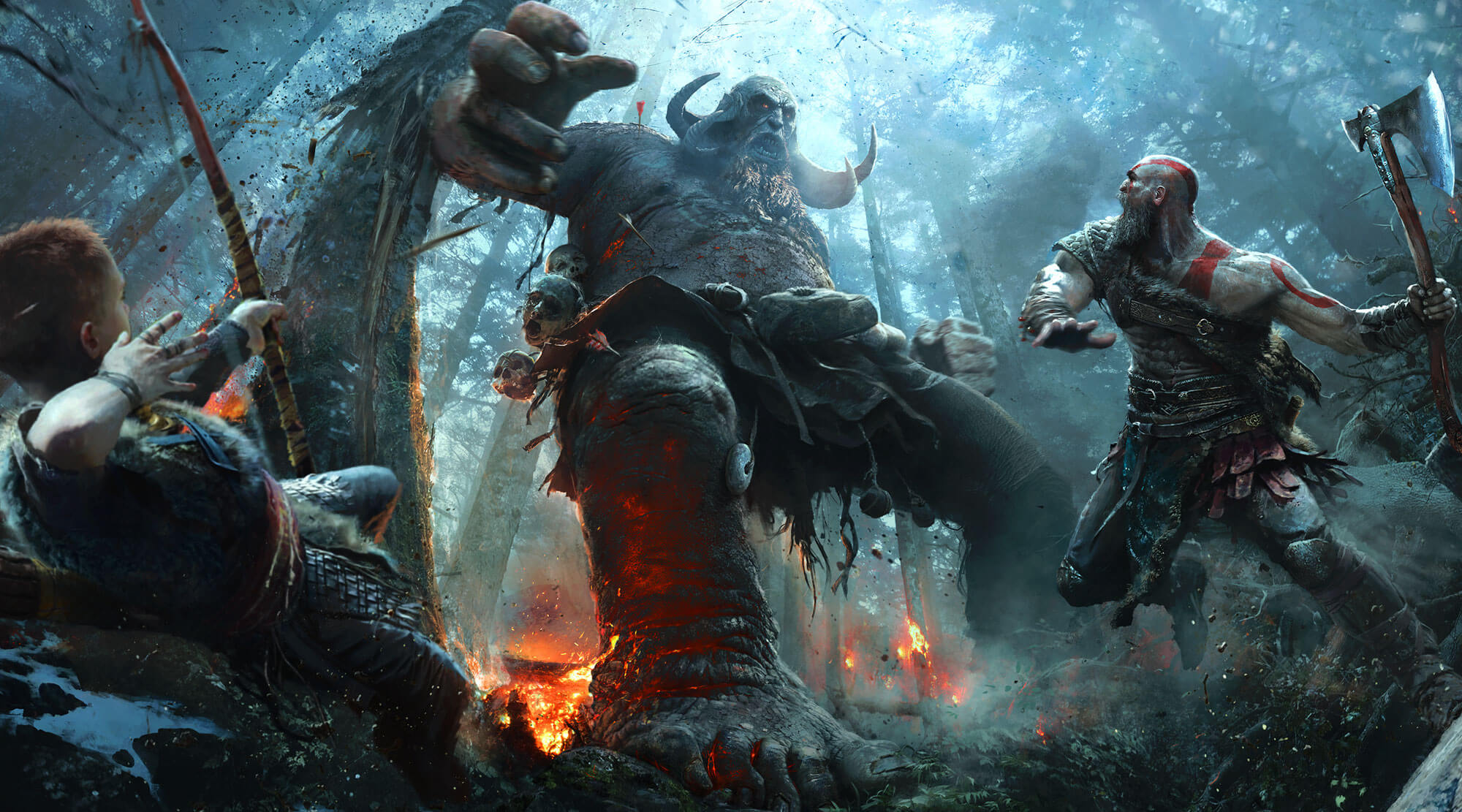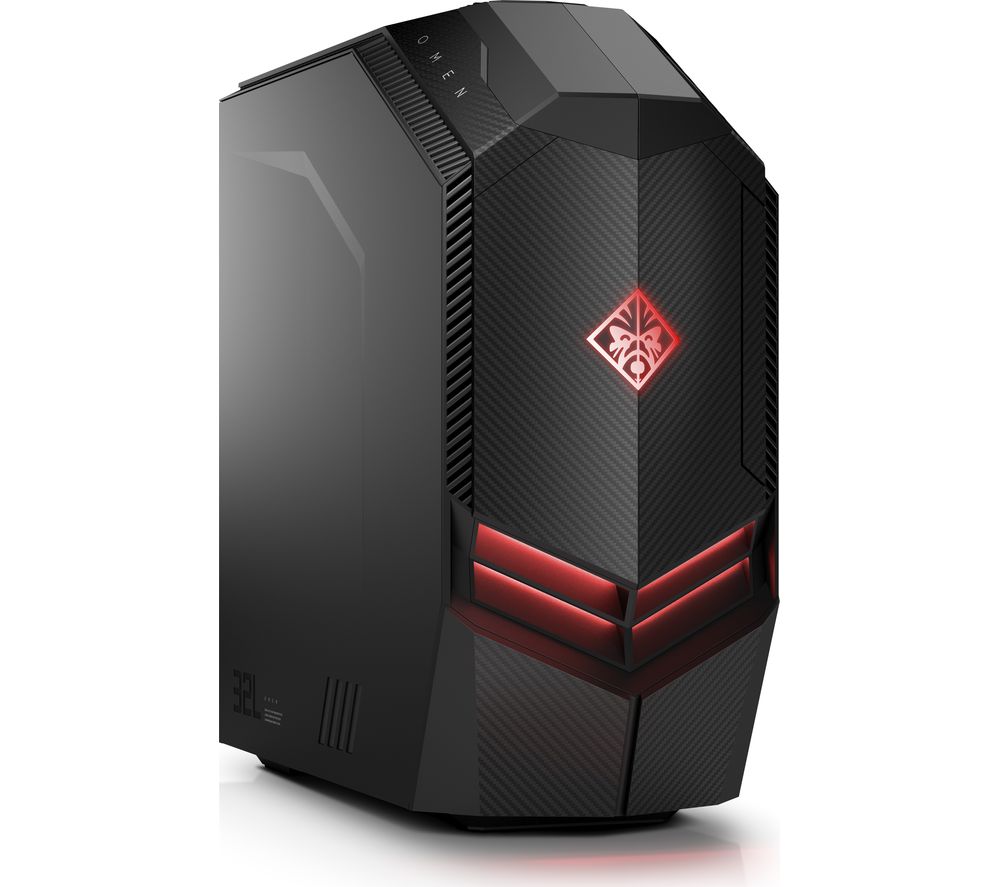For Nintendo, the answer is obvious. Their exclusives are their identity. Mario, Zelda, Metroid, Splatoon, all of these IP’s define them. They are essentially the Disney of gaming, except they don’t buy everything. If they release their IP on every platform, what do you think would happen to their console? Take a guess. Would you play Breath of the Wild in 720p at 30 FPS on a small screen, or would you rather play it at 4K at 120 FPS on a larger screen with superior graphics and better controllers? Hmmm, I think many of you would take the latter. PC would decimate Nintendo’s hardware if they made all of their games multiplatform. People buy Nintendo’s hardware for the sole purpose of their excellent games. Exclusive games are everything to them.

For Sony, the answer is a little different. Sure, their exclusives certainly entice consumers to buy their consoles. Many of their exclusives sell millions of copies regardless of an exponentially larger install base. I know people who say they’re going to buy a PS4 just to play Spider-Man or Horizon: Zero Dawn. Their games often have very cool and unique ideas and stellar graphics to impress the crowds. However, third-party games reign supreme on PlayStation. Millions of people who don’t consider themselves gamers buy PS4’s only to play FIFA or Madden. Why PS4 and not Xbox? Better marketing. Casual gamers don’t think too much about what console they’re getting. As long as FIFA or Call of Duty has a “Greatness Awaits” slogan at the end of their commercials, the non-enthusiasts would assume that game is only on a PlayStation.
As for Microsoft, the answer is very different. They made it clear with Xbox Play Anywhere that exclusives aren’t that important to them. Instead, they care more about people coming to their ecosystem, like Xbox Live, the Windows Store, Game Pass, etc. Basically, they’re gearing up to be a Steam competitor. They sell the same games as Steam, even their published games are on Steam. What matters most to them is the folks who use their ecosystem, that, of course, includes Xbox. Now, this isn’t a bad business move for them in the slightest. In fact, they developed a far more convenient ecosystem than Sony. You bought a game for Xbox? Poof! You have it on PC. What they built is working very well for them. So well, that people are wondering if they’ll even make a new console after the Xbox One, which I discussed in detail in our Xbox year-in review for 2017.
Without exclusive games, the game industry will only exist on PC and mobile platforms. Most of the naysayers of exclusives are PC gamers, as they don’t benefit from exclusives. An industry without exclusives does benefit them as all of the games will come to their platform, so it makes sense why they garner that sentiment. They see no need in purchasing consoles, so how come some games are kept behind a $300 paywall? I completely understand the benefits of having no exclusives or even consoles at all. PC would be the entirety of the gaming market. The industry would seem so much simpler that way. Technically, every game would be exclusive to PC, as it would be the only platform. Consoles don’t compete with PCs, so having exclusives seems to be cheating gamers. Wait, isn’t it the same the other way around as PCs have really cool exclusives, too? Nobody said that argument was perfect.

Let’s dissect this argument, shall we? First of all, exclusives don’t cheat gamers. Spending $300 on a console to play some games is the exact same concept as buying a gaming laptop or building your own rig. If you REALLY want to play that one game on a console that you have to buy it, you did exactly what an exclusive is supposed to do: move units. Think of it this way: if you see a gaming laptop that you heard is really worth the money from reliable media outlets, you would want to purchase that machine, correct? Exclusives are pretty much the same thing, though consoles only consist one specific set of computer parts.
When you see an exclusive game that piques your interest, then you know the concept of exclusive games is at work. Exclusives create demand for consoles, so consumers purchase from the supply. Quite simply, exclusive games are a necessary product of economics. Due to the world’s capitalistic market, companies need to profit, or at least to not lose money, in order to survive and thrive. To demand exclusives to cease to exist is like demanding a drastic shift in our economic structure towards something more akin to a communistic structure, where everyone has the same product. Now, that’s a little too extreme as computer part companies will have to compete with each other more than ever, so capitalism is still at work. ‘Murica!
Some of you might question why we still need consoles and, honestly, that’s a harder question to answer. We are at a point in the industry where PC technology is consistently ahead of consoles which could lag technological progress. In the early days of gaming, consoles were always the way to go. They were far more convenient than any computer until the seventh-generation when PC’s started evolving faster than ever. The 360 and PS3 were probably the last consoles that gave gaming PCs a run for their money, and that was only for a couple of years. When the United States hit the great recession in 2007, consoles had to live a couple years longer since the global economy depends on the United States, whereas PCs kept growing and evolving. Without the great recession, we’d probably still be in the same situation.

Chart above courtesy of BGR.
Would the industry benefit without consoles? Not yet. I say that because we still see record-breaking sales numbers from Sony, Nintendo, and even MS. Once consoles become an economic nuisance to the industry, then I would flip sides. If the industry is seeing incredible growth from consoles, why should we stop it? Will consoles ever die? I don’t think so. In 2013, folks were predicting this console generation to be the last of its kind; yet here we are now, having the fastest-growing sales in ANY generation from ALL console manufacturers. We can thank Sony for revitalizing the console market in 2013. Had the PS4 flop like the Wii U and the Xbox One lead the market with the same shitty policies Don Mattrick introduced at E3 2013, it may have very well been the last one.
Consoles are more alive than ever and PCs are doing incredibly well, too. To say consoles shouldn’t exist is like saying Disney should stop making movies. Why should we remove a huge player in the business? We should be happy that the gaming industry is consistently breaking records and milestones. When consoles do well, PCs do well, and when both succeed, the industry thrives. Why should we eliminate exclusives? Just so PC could have several more games? I don’t want to seem rude, but this argument sounds like some PC gamers are annoyed not every game is landing on their machines. I don’t blame their jealousy, but to call something “anti-consumer” because some games they find interesting only play on a console they don’t have reeks of ignorance.
Historically, exclusives built the industry from the ground up and spurred competition between console manufacturers and the PC business for quite some time. Things have certainly changed in the past decade, so views have shifted to a far more liberal view in pockets of the community. Is that a bad thing? Not at all! We should be sharing different ideas. I’m sure there’s a more compelling argument against exclusives that I haven’t thought about. Are we ready to ditch exclusives and consoles? No way. Consoles are doing better than they ever have and have shown an upwards trend each generation ever since the NES era. It might be that way forever as the video game industry and community (for the most part) grows and evolves every year. We keep assuming the death of consoles is right around the corner, thankfully we keep defying ourselves by buying them in droves each generation. Ironic, isn’t it?

